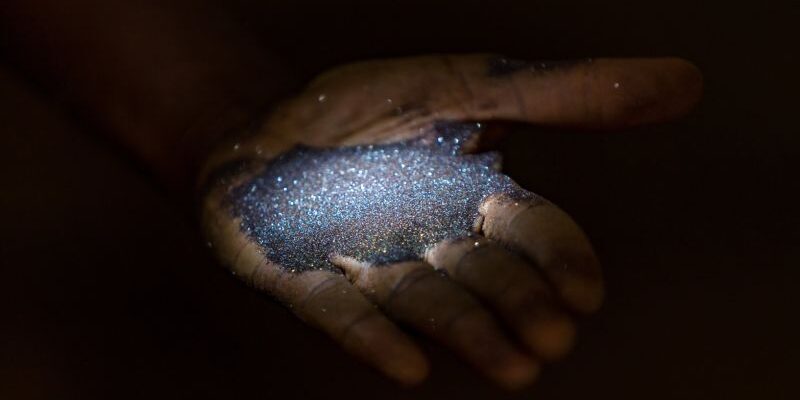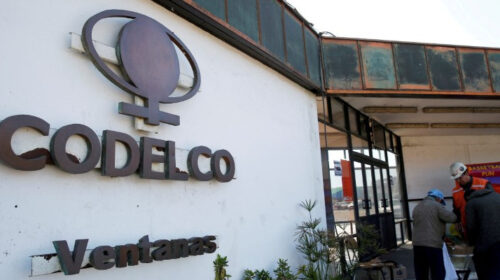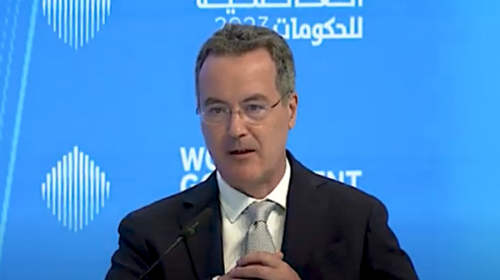Investors warm up as push for Kenya to lift Mineral exploration freeze mounts
Investors are eyeing the Kenyan mining industry with bigger investments propelled by growing hopes of the government lifting a ban on new exploration licenses to tap billions lying in mineral reserves.
International investors and local stakeholders in the sector have lined up events that they intend to use to revive investments and push the new administration to lift the moratorium that has locked out billions in capital.
Kenya Chamber of Mines from July 17-23 will host the inaugural mining week which will bring together private and government players ahead of the planned rollout of a national digital mineral map, part of sector-wide reforms.
International investment firm JIC Holdings is also planning a mining expo later this year that will bring in investors from around the world to explore Kenya’s untapped mineral wealth.
“Investors are taking notice, and we need to go in now. The country has abundant mineral wealth that can contribute billions to the country’s GDP,” says the CEO of JIC Holdings Mark-Anthony Johnson.
Kenya stopped issuing exploration licenses in 2019 to allow fresh mapping of mineral resources through an airborne survey that the government plans to use to build a digital database for the sector.
The Ministry of Mining has also not renewed licenses for companies in the sector since 2015, forcing most of the firms to operate under a gazette notice.
Without mineral exploration permits, the country has been unable to attract new investments with some firms redirecting their investments to neighbouring countries.
The mining license and exploration three-year-long freeze has slowed investments in Kenya’s nascent sector which contributes less than a percentage to the country’s gross domestic product (GDP).
For years, the sector’s contribution to GDP — a measure of national economic output — has stagnated, hovering between 0.7 and 2.1 percent in five years through 2022.
“The moratorium probably negatively impacted on the mining sector development, but once we lift it we hope all applications will be processed quickly and efficiently,” Principal Secretary for Mining Elijah Mwangi said in April.
But the State maintains the freeze was necessary for streamlining the sector, mapping mineral resources, and ensuring the validity of permits and activities.
The Mining Act 2016 was expected to reform the sector and allow the flow of new investments but the productivity has remained low.
“We are working round the clock to see whether the issue of online [mining] cadaster, geophysical data as well as equipping and modernizing the geological laboratory at Madini House are done,” Mr Mwangi said.
“If they are done then the moratorium may be lifted. But, of course, it is the prerogative of the president to lift the moratorium. We may do everything, but that does not make the president lift it.”
Though mining activity has been present in the country for over 50 years, productivity has remained low, with a scale of operations limited to only soda ash, mineral sands and from 2013 Titanium in Kwale.
Kenya has proven deposits of titanium in Kwale, gold in western Kenya and coal at Mui Basin, Kitui.
In addition, the country is believed to hold significant deposits of copper, niobium, manganese and rare earth minerals, which largely remain under-exploited, dwarfing the mining sector’s contribution to the national economic output.
In 2021, London Stock Exchange-listed Shanta Gold announced the discovery of more gold deposits in Kakamega approximated to be 1.31 million ounces valued at Sh164 billion.
The mining was expected to commence last year but there has not been any update since.
Total earnings from mineral production last year increased 16.6 percent to Sh35.2 billion but experts predict the country has a huge untapped potential.
While the Mining Act 2016 was expected to reform the sector, stakeholders have also raised concerns with some provisions in the Act, saying they might slow down investments.
The World Bank last month asked Kenya to drop the requirement for mining firms in Kenya to cede at least 35 percent of stake to locals to attract more investments.
The Mining Act 2016 makes the granting of every mining license conditional on local equity of at least 35 percent in respect of mineral rights.
The lender has urged policymakers in the country to develop a mining regulatory framework for regional equity to attract investments and maximize revenues from natural resources.
![]()





